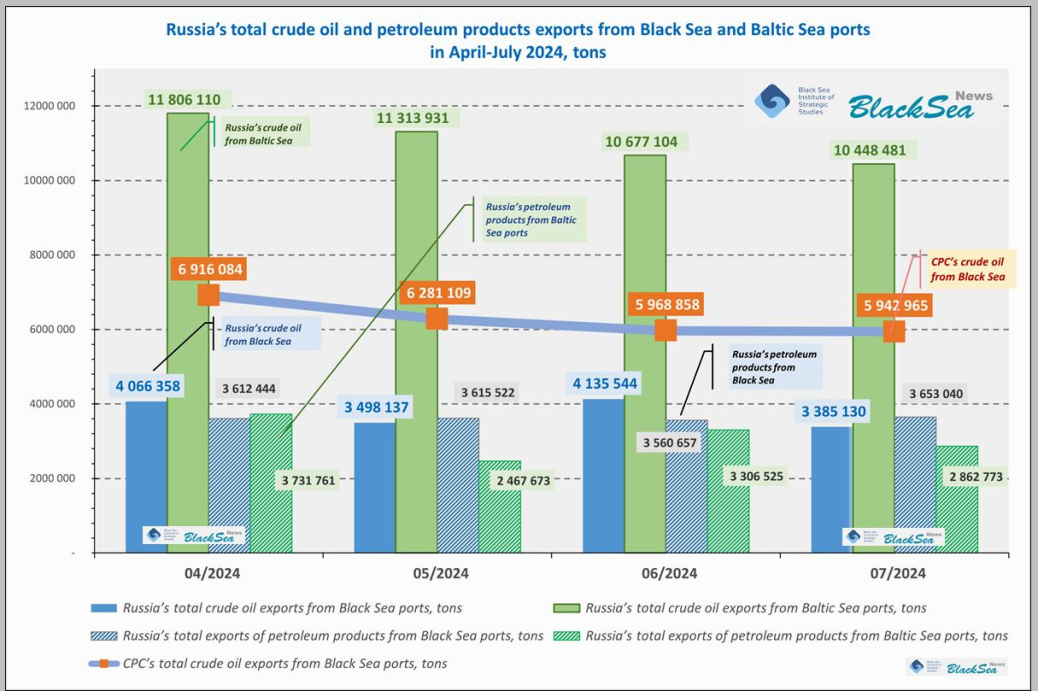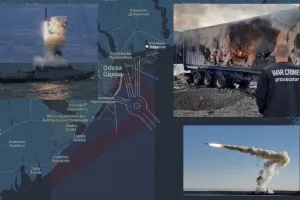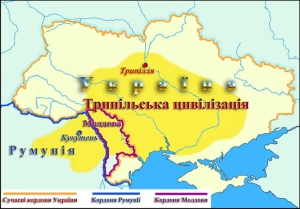In early August, the Monitoring Group of the “Institute of Black Sea Strategic Studies” and BlackSeaNews reported unusual errors by leading global analytical centers and economic publications regarding the volumes of Russian crude oil exports, specifically in terms of underestimating the figures.
They (unlike us) somehow “failed to notice” 23 tankers carrying 3 million tons of Russian crude oil that left Russian ports in the Black and Baltic Seas in July of this year (see the post from 08/05/2024)…
To fully grasp the importance and scale of this issue (which, as we never tire of repeating, determines when the war will end), we’ll try to visually illustrate what the Baltic and Black Seas represent.
By the way, during a meeting with the diplomatic corps on August 19, 2024, the President of Ukraine, in the sanctions part of his speech, noted that Russia’s “shadow tanker fleet” (as we and the IMO understand it, meaning the fleet that facilitates oil exports, i.e., the “perpetual engine of war”) has indeed “become a new challenge.” This is absolutely true. So:
In July 2024, Russian crude oil was transported by 119 tankers (92 from the Baltic and 27 from the Black Sea) alone. The total volume was 10.4 + 3.4 = 13.8 million tons.
Russian oil products (such as diesel, gasoline, etc.) were transported by 192 tankers (60 from the Baltic and 133 from the Black Sea). The total volume was 2.8 + 3.7 = 6.5 million tons.
Thus, within the scope of our monitoring, there were 311 tankers in July of this year belonging to the same fleet that has been labeled with the media term “shadow,” but in reality, we know everything or almost everything about each of these 311 tankers.
Therefore, we ask our colleagues from Ukrainian media and foreign media correspondents accredited in Ukraine, as well as analysts who use information about Russian oil exports in their political and military assessments: before relying on such information from foreign (i.e., Russian) sources, please keep in mind the following:
It is important to remember that there are issues with the accuracy of information about Russian oil exports among the global “giants.” These issues are likely not due to dishonesty or ill intent but rather a lack of full understanding that this is no longer peacetime analysis, but rather an economic and information war.
And one more thing for everyone: do not trust, worry about, or use Russian economic statistics. As they say, “not at all.” Your nerves will be calmer, and your conclusions more accurate.
Tags: Business imports od russian crude oil oil embargo Russia russia ukraine war Ukraine



















